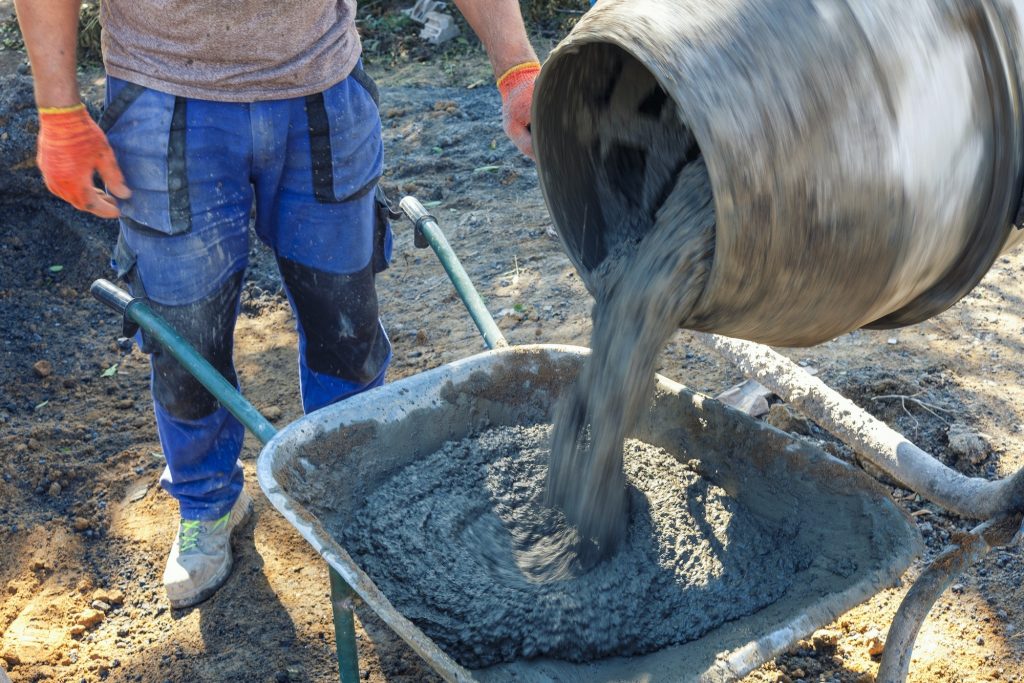Fluoride is a naturally occurring mineral that has been widely used in public water systems for over 70 years. The addition of fluoride to drinking water has been a controversial issue for decades, with proponents claiming that it helps prevent tooth decay and opponents arguing that it can cause a range of health problems.
In this article, we will explore the truth about fluoride and its necessity in drinking water. We will examine the history of fluoride use, the science behind its benefits and drawbacks, and the potential risks associated with its consumption.
Cute thirsty girl drinks water from drinking sinkHistory of Fluoride Use
The use of fluoride in public water systems began in the 1940s as a way to prevent tooth decay. At that time, dental caries were a significant public health issue, and fluoride was seen as a cheap and effective way to combat the problem. Over time, the practice of adding fluoride to drinking water became widespread in the United States, with more than 70% of public water systems now fluoridated.
Benefits of Fluoride
The primary benefit of fluoride is its ability to prevent tooth decay. Fluoride works by strengthening tooth enamel, making it more resistant to acid attacks from bacteria in the mouth. This can help prevent cavities and reduce the need for dental treatments such as fillings and extractions.
Numerous studies have shown that fluoride can significantly reduce the incidence of tooth decay. In fact, the Centers for Disease Control and Prevention (CDC) listed water fluoridation as one of the ten great public health achievements of the 20th century.
Drawbacks of Fluoride
Despite its benefits, fluoride has also been associated with a range of health problems. One of the most significant concerns is dental fluorosis, a condition that causes white spots and discoloration on teeth. This can occur when children consume too much fluoride, either through drinking fluoridated water or using fluoride toothpaste. In severe cases, dental fluorosis can cause pitting and staining of the teeth.
Another potential drawback of fluoride is its effect on thyroid function. Some studies have suggested that fluoride can interfere with the production of thyroid hormones, which can lead to hypothyroidism and other thyroid disorders.
Risks of Fluoride
In addition to these drawbacks, there are also potential risks associated with the consumption of fluoride. One of the most significant concerns is the risk of skeletal fluorosis, a condition that causes joint pain and stiffness, as well as bone and muscle weakness. This condition is most commonly seen in areas where the water is naturally high in fluoride, but it can also occur in areas where fluoride is added to the water.
Other potential risks of fluoride include an increased risk of cancer, neurological problems, and developmental disorders. While these risks are still being studied, many experts believe that more research is needed to fully understand the long-term effects of fluoride on human health.
Conclusion
In conclusion, fluoride is a controversial issue that has been debated for decades. While there is no doubt that fluoride can help prevent tooth decay, there are also potential risks associated with its consumption. As with any public health issue, it is important to carefully weigh the benefits and drawbacks of fluoride before making a decision about its use. Ultimately, the decision about whether to add fluoride to drinking water should be based on sound scientific evidence and a commitment to protecting public health.



